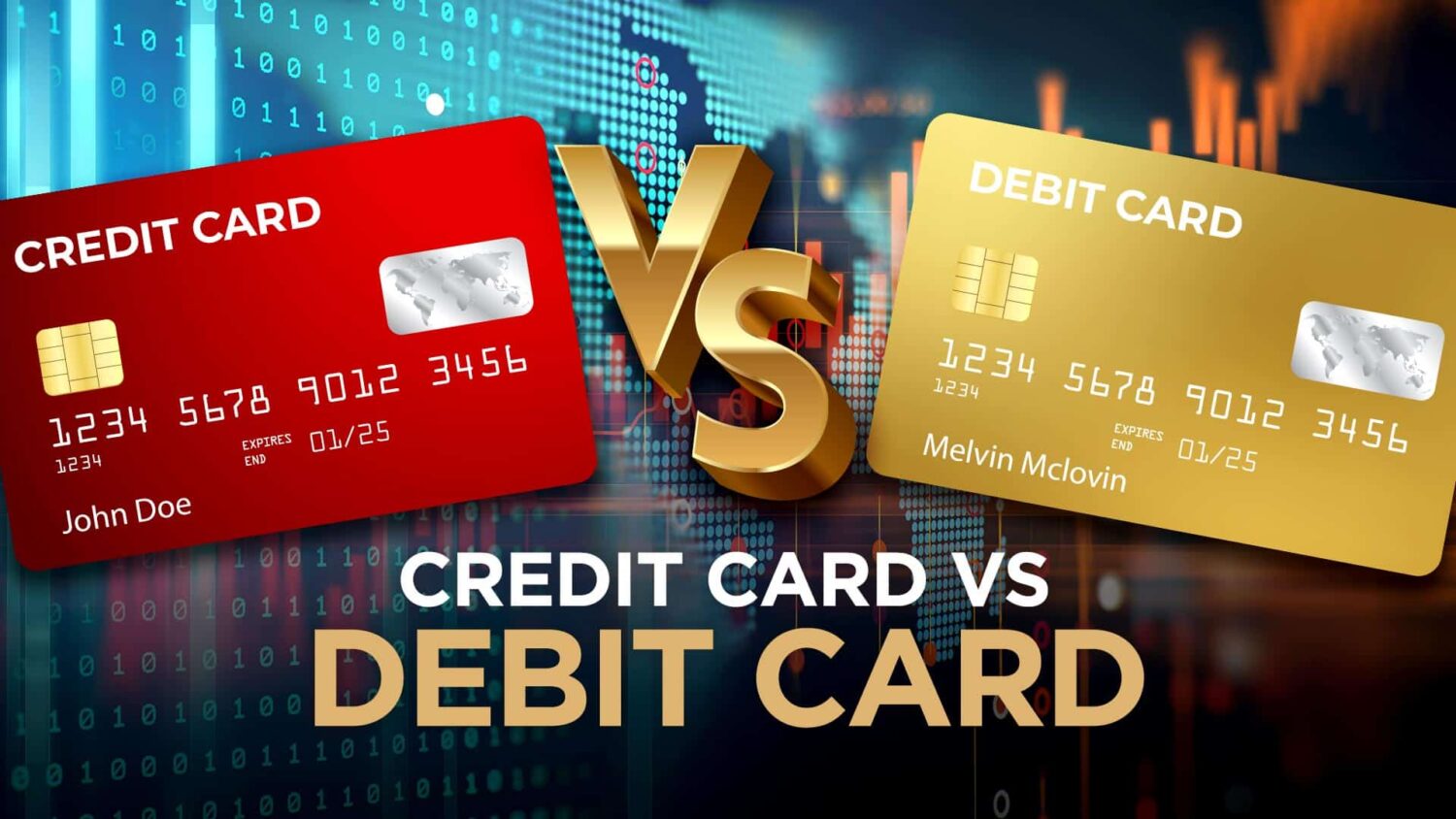
Debit cards and credit cards are the two most common payment methods used by people around the world. Both debit and credit cards offer convenience, speed, and ease of use.
However, there are some major differences between these two payment methods, and it is essential to understand them before choosing the right payment option for your financial needs.
Here are some essential differences between debit cards and credit cards:
- Authorization process
- Credit line and interest rate
- Rewards and incentives
- Fees and charges
Authorization Process
Debit card transactions are authorized by your bank in real-time, i.e., the funds are deducted from your bank account immediately. On the other hand, credit card transactions are authorized based on your credit limit, and you need to pay the outstanding balance at the end of the billing cycle.
Credit Line and Interest Rate
While debit cards do not have a credit line, credit cards offer a pre-approved credit limit that allows you to borrow money from the credit card company. However, credit cards come with an interest rate, which means you need to pay the interest on the balance you carry from month to month.

Rewards and Incentives
Credit cards offer rewards and incentives like cashback, points, and miles for every transaction you make. Debit cards, however, do not offer any rewards for transactions made using them.
Fees and Charges
Debit cards usually do not charge any fees, but credit cards come with annual fees, late payment fees, balance transfer fees, foreign transaction fees, and other charges.
Bullet Points
Here are some pros and cons of debit and credit cards:
- Debit cards are more secure as they require a PIN, chip, or fingerprint for authentication.
- Credit cards have a higher credit limit, which allows you to make more significant purchases.
- Credit cards offer rewards, cashback, and other incentives that can help you save money.
- Debit cards do not charge interest on purchases; you only pay for what you buy.
- Credit cards come with higher fees and charges than debit cards.
- Debit cards help you stay within your budget as you cannot spend more than the money in your bank account.
- Credit cards can lead to overspending and debt if you do not manage your finances well.
FAQs

1. Can I use a debit card for online purchases?
Yes, you can use a debit card for online purchases, but make sure that the website you are using is secure and reputable.
2. Does having a credit card affect my credit score?
Yes, having a credit card can affect your credit score, depending on how you use it. Paying your credit card bills on time and in full can improve your credit score, while carrying a balance or making late payments can hurt your credit score.
3. How do I choose between debit and credit cards?
Choose a debit card if you want a more secure and budget-friendly option, or choose a credit card if you want to build your credit score or earn rewards and incentives.
Conclusion
While both debit and credit cards are convenient and easy-to-use payment options, they have some significant differences that you need to consider before choosing the right option for your needs. Debit cards are more secure and budget-friendly, while credit cards offer credit, rewards, cashback, and other incentives. Choose the right payment option depending on your financial needs and goals.








